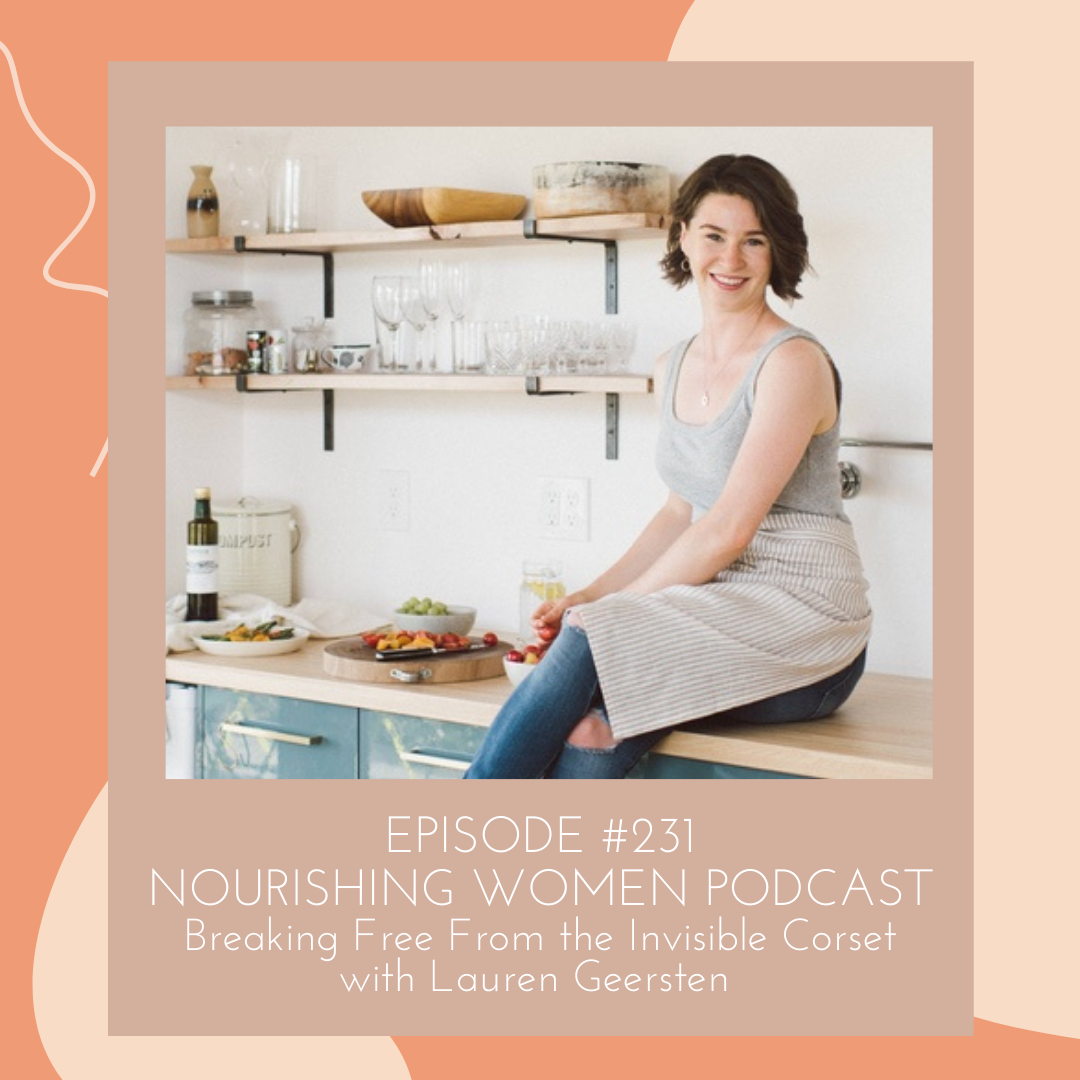Our Thoughts on Dry January
By: Megan Perez, dietitian at Nourishing Minds Nutrition
I’ve debated writing about alcohol because I know it can be a sensitive subject. But with the new year upon us, I’ve heard the words “Dry January” more than I can count. It typically comes up with the Whole 30, and I have MANY thoughts about that diet (I’ve shared them along with my personal experience in the NWP episode #115). I believe this blog post is long overdue because I have had several clients bring up this subject as well. Where does alcohol fit into your intuitive eating journey?
I want to start out by saying that I am in no way promoting the consumption of alcohol. I completely understand that it is your own unique choice whether to consume alcohol or not, that is if you are of age. That answer will take many factors into consideration, such as family history, medical history, your beliefs and values, and your own personal experiences. If you chose not to consume alcohol, that is perfectly okay! If you do decide to consume alcohol, and you do not struggle with addiction, I believe there is a mindful approach that you can practice.
Why I am not a fan of Dry January
To me, “Dry January'' is similar to a diet. It seems to be another way to restrict or an attempt to control a part of your life in hopes of specific results. Let’s talk about some reasons you may consider a “Dry January.”
You feel shame or guilt for “over-indulging” during the holidays. This may include both alcohol and food intake.
You are attempting to lose weight or cut calories.
Wellness culture has led you to believe that you are “bad” for drinking alcohol and you must cleanse your liver.
Wellness culture promises that if you give up alcohol, you will have “X” results (better sleep, increased energy, weight loss, improved health).
Most of these reasons involve fear mongering techniques or shaming you for your alcohol intake and promising increased self-worth if you can get through at least 30 days without it. This reminds me of most diets, and especially of the Whole 30 (which includes cutting out alcohol in addition to several food groups). I do not believe that shame is a good motivator for anything. You deserve respect and are worthy no matter what you eat or drink. You are not a “bad” person for having several cocktails over the holidays and you are not a “good” person for abstaining from them.
What happens if you do make it through 30 days sans alcohol? (Why 30 days anyway? There is NO science behind this). My next question is what happens on day 31? The restrict-binge cycle is applicable to alcohol as well as food. Living to extremes does not work for most people, and especially if you have a poor relationship with food, it is likely you could fall into this pattern. The more we tell ourselves that something is “bad” or that we can’t have it, the more likely we are to think about it, crave it, and possibly even binge on it. While alcohol is very different than food (we need food for survival), I have seen this situation play out many times. The all-or-nothing mindset often sets in, and you may decide that if you have already had one drink, you might as well have multiple. This mentality can lead to an unhealthy relationship with alcohol.
I want to reiterate that this is not the case for everyone. However, if you have experienced an eating disorder or disordered eating, I see this much more frequently. When working with clients who ask about alcohol consumption, I always start out by asking them questions about why they drink. This may be a better conversation to have with a therapist. You may need to dive deep. In college, I drank because everyone did. It was the “thing to do.” I had a lot of fun, but I also developed some unhealthy coping techniques with alcohol. If I was mad or sad and wanted to forget about my day, I would drink. I ended up pushing down many feelings with alcohol and at times, would end my night in tears. I now understand that I had a LOT of feelings and issues with self-worth, confidence, and body image that would never be healed with alcohol. Having a glass of wine when you are feeling stressed is not necessarily a bad thing. But when drinking alcohol is the only tool in your toolbox, it is likely to become a problem.
When thinking about your reasons for drinking, you may at first think, “I like the taste” or “I like the feeling.” I encourage you to take this further. Do you drink because it eases social anxiety? Do you drink to feel like part of the group or for belonging? I also have clients who abstain from alcohol for fear of increased calories and feeling out of control around food. Once you have identified your reason for drinking (or not drinking), it will become much easier to practice mindfulness around it.
Practicing mindful drinking:
Ask yourself if you really want the drink. What is your goal for drinking right now? What do you hope to get out of it?
Know the risks involved: the health risks and the consequences (potential for getting tipsy or drunk, hangover the next day)
Have a plan (to have no more than “X” alcoholic beverages. This may take time to learn your limit.)
Understand that your cues may be off. Alcohol can absolutely affect your hunger and fullness cues. You may experience a blood sugar drop and a craving for food after a drink or two. This is not a bad thing! You could also have dulled signs of hunger and assume you don’t need to eat. I recommend always eating before or with alcohol. I also recommend lots of water.
Utilize mindfulness. Take your time while drinking. Notice the smell and taste. Think about where your alcohol of choice came from. Savor the flavor. Notice when you stop enjoying it. Look out for signals that you are getting tipsy.
Gentle nutrition
Choosing to abstain from alcohol or to limit your alcohol intake can be a health promoting behavior. But similar to how gentle nutrition is the last principle of Intuitive Eating, I do recommend going through the mindset work first. Having an alcoholic drink once in a while can also be a part of a healthy lifestyle if you do so mindfully and you do so without shame. I also recommend doing so with good company!
My hope in writing this post is for you to take a look at your relationship with alcohol and for you to practice self-compassion if you are feeling shame or guilt with drinking. You are worthy of love and respect whether you drink alcohol or not. My relationship with alcohol has not always been healthy. I have felt shame in the past after drinking for the wrong reasons. If you have experienced these feelings, I hope you know that you are not alone and there is nothing wrong with you! You can absolutely work on improving your relationship with alcohol.
Important: If you think you have a problem with alcohol, I encourage you to please talk to someone about it or seek out help. There is no reason to feel shame or embarrassment. Here is a good place to start: https://medlineplus.gov/ency/article/002199.htm
Thank you for that helpful blog post Megan! Learn more about Megan her services at Nourishing Minds Nutrition.








